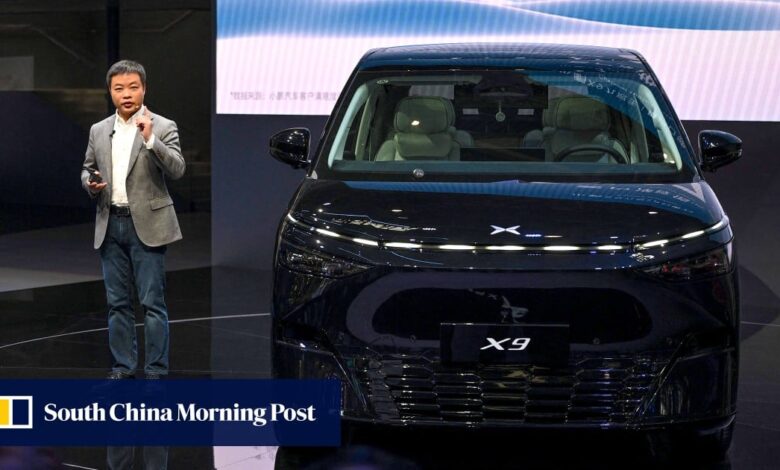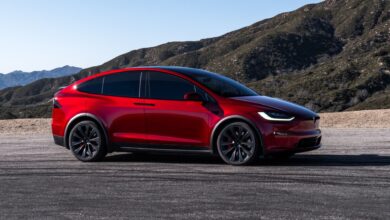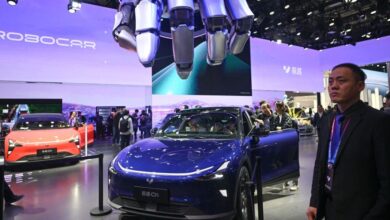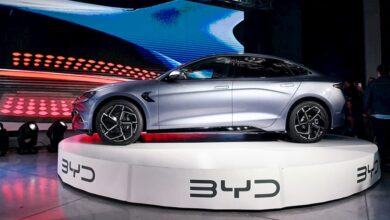Chinese EV maker Xpeng eyes Australia’s right-hand-drive market, forms partnership with local car distributor TrueEV

“The partnership with TrueEV in Australia is recognised as a significant step forward in our global expansion strategy,” Alex Tang, Xpeng’s general manager of international markets, said in a statement. “TrueEV’s experience and local insight makes this the natural and forward-thinking next step in our expansion plan.”
As part of the deal, sales of Xpeng’s intelligent vehicles in Australia will be supported with a roll-out of Xpeng’s charging technology, said Jason Clarke, CEO of TrueEV.
In addition to Hong Kong and Australia, the company will also target the right-hand-drive markets of Thailand, Singapore and Malaysia, it said.
CEO He Xiaopeng told the Post in March that the carmaker also plans to make inroads into European markets such as Germany and France with its left-hand-drive models.
Both vehicles are capable of navigating their way automatically along city streets using Xpeng’s Navigation Guided Pilot.
Xpeng has yet to unveil prices for its right-hand-drive vehicles built for Hong Kong consumers.
Michael Dunne, CEO of consultancy Dunne Insights, said in a newsletter on Tuesday that China would ship 6 million vehicles to 140 countries this year, as it retains the title of the world’s largest car exporter.
An export volume of 6 million vehicles represents a 22 per cent increase over last year’s 4.91 million units.
In 2023, Japan exported 4.42 million cars, up 16 per cent on the year.



